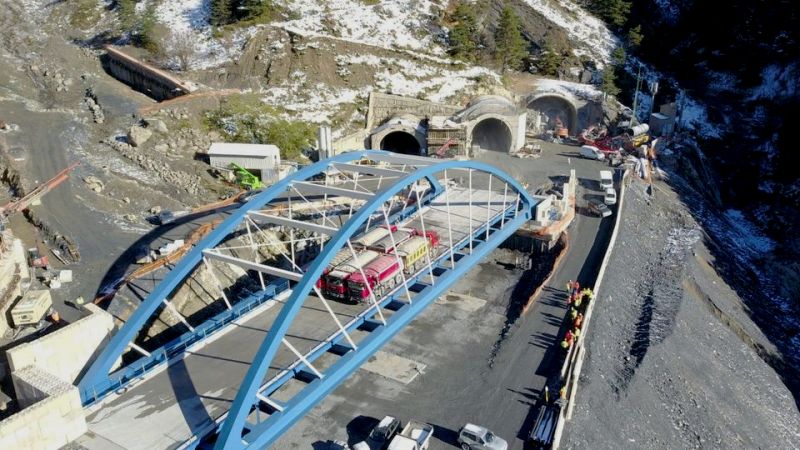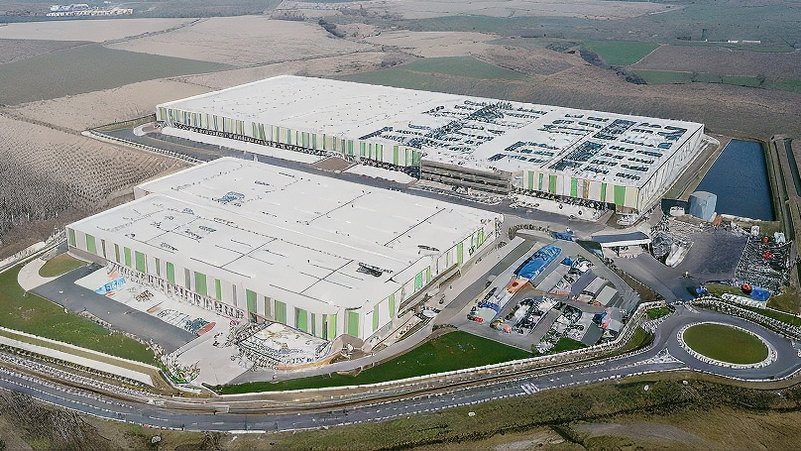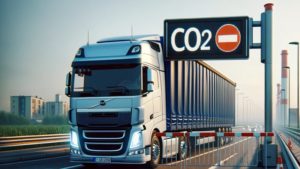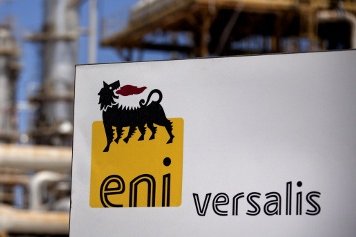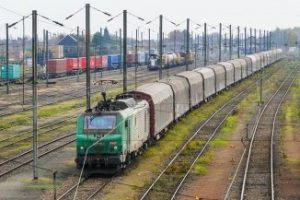The Coreper's approval of the Regulation, which aims to reduce CO2 emissions from commercial vehicles by 90% by 2040, was contingent upon the voting statement of Germany's representative, leading to a postponement of the vote from February 7th to February 9th, 2024. Indeed, just before the February 9th meeting, the German Fdp party, to which the Transport Minister belongs, announced its opposition to the measure, risking an abstention that could have led to the regulation's rejection (despite its prior approval by the European Parliament and the EU Council).
Following clarification, the vote took place on the afternoon of February 9th, resulting in the Regulation's approval. However, Berlin succeeded in including a non-binding recital clause that recognizes synthetic fuels (e-fuel) as climate-neutral. This move mirrors a similar situation last year when Germany imposed a similar clause regarding passenger cars. Germany's positive vote, as opposed to an abstention (a tactic Berlin employs at the European level when not all governing parties agree), thwarted opposition to the norm by other countries that expressed dissatisfaction with the Regulation but lacked the power alone to prevent its approval. Had Germany abstained, their abstention could have potentially blocked the norm's progress. Nevertheless, Italy, Poland, Slovakia, and the Czech Republic abstained.
Shortly after the vote, Paolo Uggè, the president of the Italian road haulage association Fai Conftrasporto, stated that if the early reports on the February 9th agreement are confirmed, "we will take the same actions as the farmers." Uggè added, "We are willing to operate and contribute to the environment, but there must be an awareness of the potential consequences of overly ideological choices. The risk is that the tractor protest could spread to other sectors."



